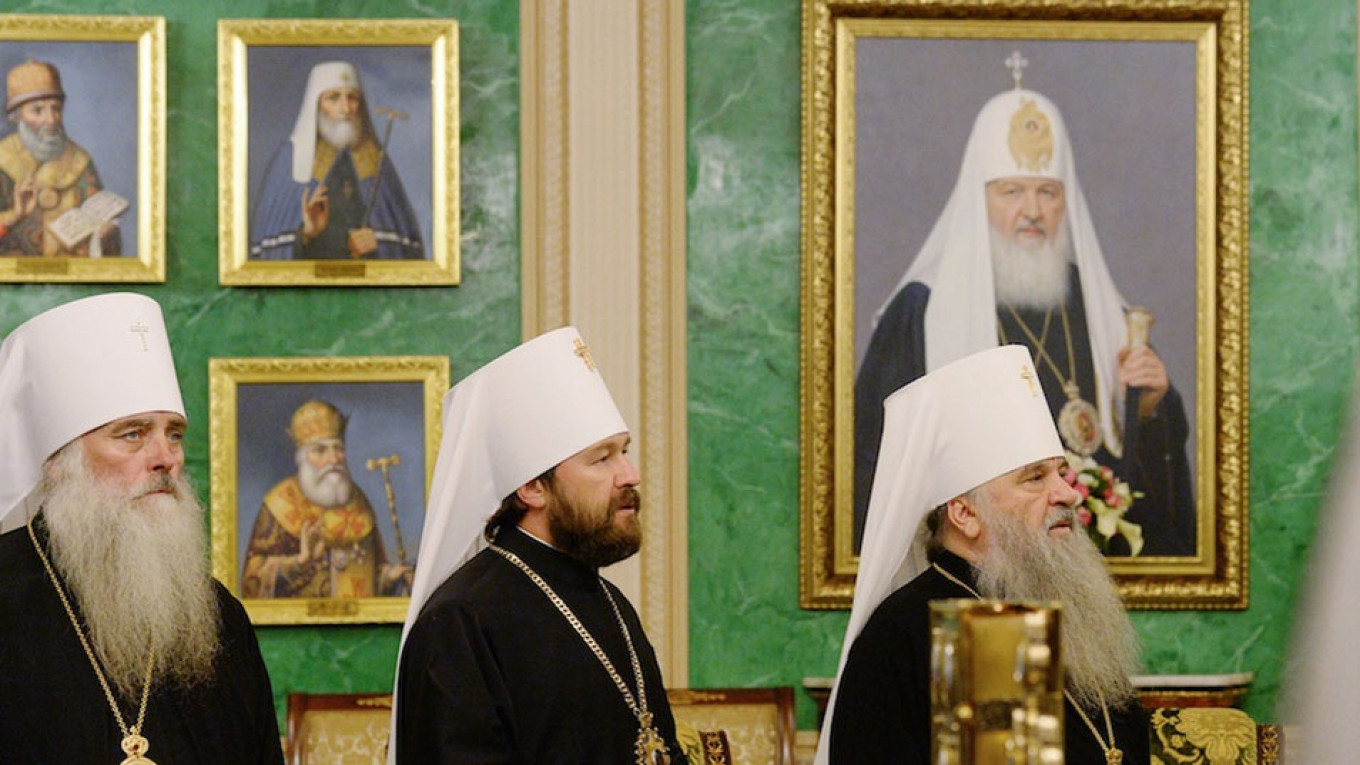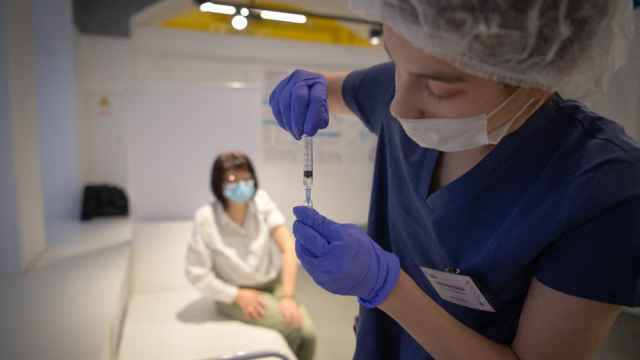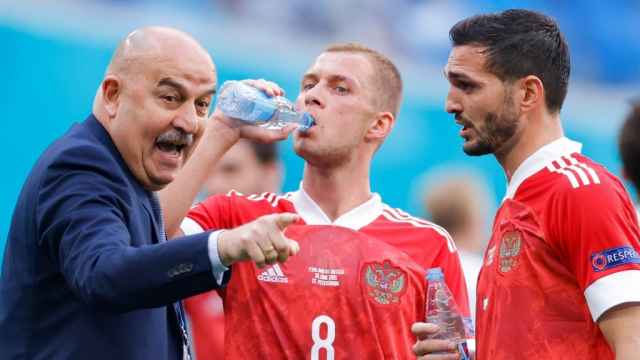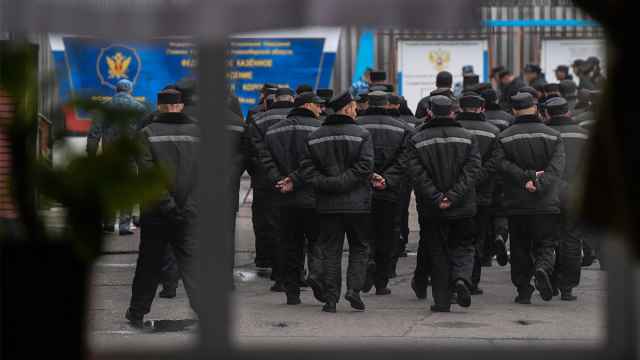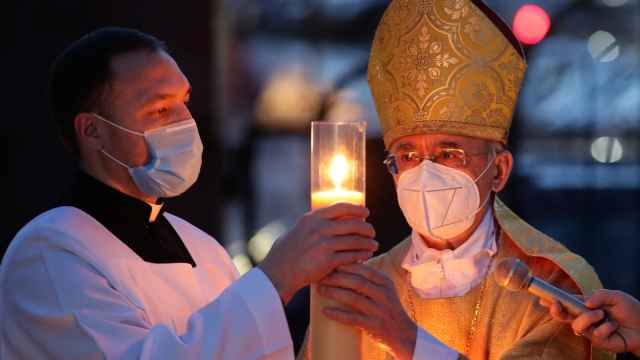Russia’s Orthodox Church said on Friday it would no longer participate in structures chaired by the Ecumenical Patriarchate of Constantinople, deepening a row in Orthodox Christianity over the Ukrainian Church’s bid to break away from Moscow’s orbit.
The Russian Orthodox Church’s Holy Synod ruling body convened on Friday to consider how to respond as the Ukrainian Orthodox Church has courted Constantinople to formally make it a self-governing body independent of Moscow.
Ukraine’s pro-Western political leaders have sought step by step to take the former Soviet republic out of Moscow’s orbit after Russia annexed the Crimean peninsula in 2014 and a Moscow-backed insurgency broke out in eastern Ukraine.
Vladimir Legoida, a Russian Church spokesman, said the Holy Synod had decided to suspend its participation in all structures chaired or co-chaired by representatives of the Patriarchate of Constantinople.
It is also suspending all services with top priests of the Patriarchate of Constantinople and will not commemorate the Ecumenical Patriarch Bartholomew I in its services, Legoida wrote on social media, summarizing the outcome of the meeting.
“Essentially this is a breakdown of relations. To take an example from secular life, the decision is roughly equivalent to cutting diplomatic ties,” the Russian Church’s Metropolitan Ilarion was quoted by RIA news agency as saying.
Rival churches
The Moscow Patriarchate is part of the Russian Orthodox Church and has a sizeable following in Ukraine.
Kiev considers it a tool for the Kremlin to wield influence, while the Moscow Patriarchate sees itself as the only legitimate Orthodox Church in Ukraine.
The Kremlin said it was following the situation closely and opposed any split in Orthodoxy, adding that the state should not intervene in church matters.
“Of course for Moscow and indeed for the entire Orthodox world the single preferable scenario is the preservation of unity of this Orthodox world,” Kremlin spokesman Dmitry Peskov told reporters on a conference call.
The Moscow Patriarchate vies for influence in Ukraine with the Kiev Patriarchate - a branch of the Orthodox Church that broke away from Moscow in 1992 after the fall of the Soviet Union – and with other Orthodox and Catholic denominations.
The Kiev Patriarchate’s leader has been sharply critical of Russian President Vladimir Putin and in 2014 suggested he was possessed by Satan.
The Ecumenical Patriarch does not wield the power enjoyed by the Pope in the Roman Catholic Church but is traditionally regarded as the ‘first among equals’ among the patriarchs of the self-governing Orthodox churches and also as the spiritual leader of the roughly 300 million Orthodox Christians worldwide.
The Ecumenical Patriarch, currently Bartholomew, also holds the title of Archbishop of Constantinople, the old Greek name for Istanbul, Turkey’s largest city. The city fell to the Muslim Turks in 1453 but has remained the historic seat of Orthodoxy.
However Russia has long been home to the world’s largest Orthodox Christian Church.
A Message from The Moscow Times:
Dear readers,
We are facing unprecedented challenges. Russia's Prosecutor General's Office has designated The Moscow Times as an "undesirable" organization, criminalizing our work and putting our staff at risk of prosecution. This follows our earlier unjust labeling as a "foreign agent."
These actions are direct attempts to silence independent journalism in Russia. The authorities claim our work "discredits the decisions of the Russian leadership." We see things differently: we strive to provide accurate, unbiased reporting on Russia.
We, the journalists of The Moscow Times, refuse to be silenced. But to continue our work, we need your help.
Your support, no matter how small, makes a world of difference. If you can, please support us monthly starting from just $2. It's quick to set up, and every contribution makes a significant impact.
By supporting The Moscow Times, you're defending open, independent journalism in the face of repression. Thank you for standing with us.
Remind me later.



